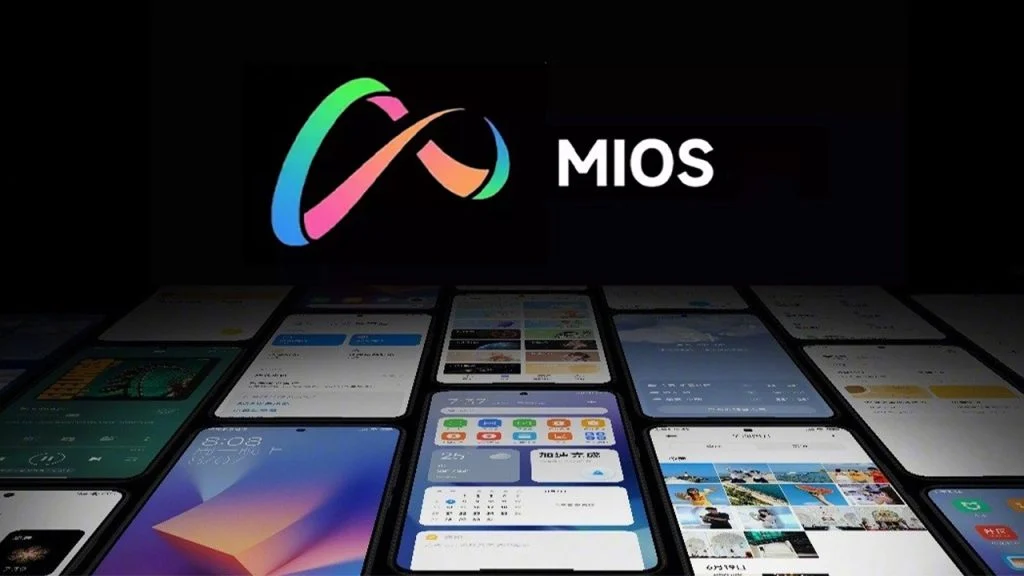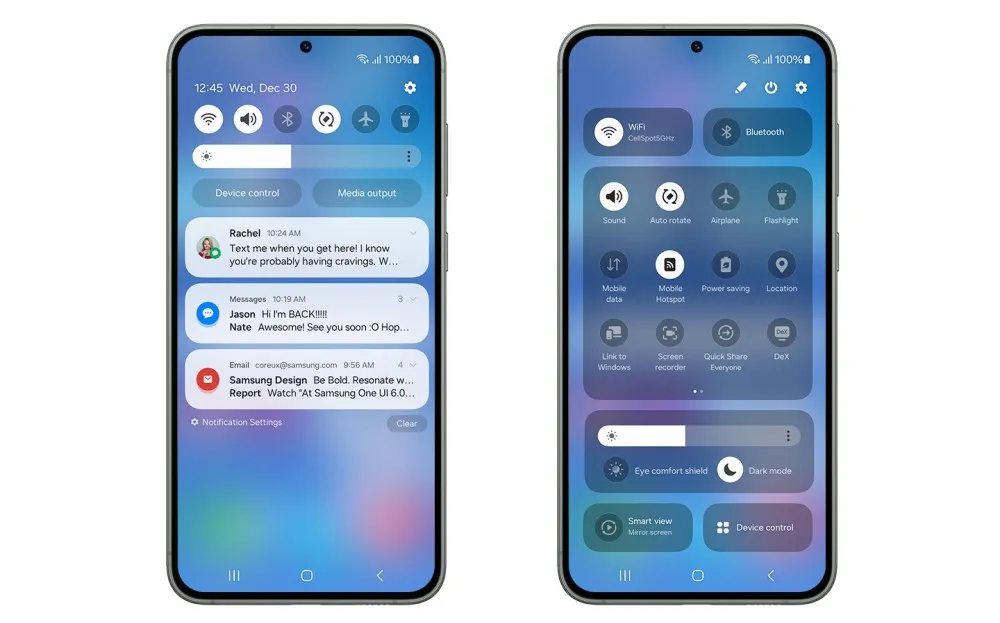Microsoft is considering preventing very old computers from running the next major Windows 11 update, known as 24H2, due to a newly discovered requirement for the POPCNT instruction. This instruction, used to count set bits in a value, has been present in CPUs for decades but is not supported by many older CPUs.
Impact on Compatibility
Intel introduced POPCNT with its Nehalem architecture in 2008, and AMD with its Barcelona architecture in 2007. Computers using CPUs manufactured before these dates may face compatibility issues with future Windows 11 updates.
Hardware Restrictions
While Microsoft already limits Windows 11 installation to relatively modern processors (8th generation Intel chips or newer), this potential change may cause problems for users who have bypassed hardware restrictions on older systems.
Microsoft's Focus on Hardware Requirements
It is uncertain whether this change is intentional or an unintentional consequence of including newer CPU instructions during the development process. This situation echoes a similar incident in Windows 10 that led to compatibility problems for some older processors.
Microsoft has not officially commented on this development, highlighting the company's increasing emphasis on stricter hardware requirements for its operating systems. Users with significantly older computers should consider these limitations if they plan to use Windows 11 long-term.
Final Thoughts
Despite these potential changes, Microsoft has maintained restrictions on Windows 11 installation to compatible devices since its launch. If your device is on the compatibility list, there should be no cause for concern as it will continue to function normally.
Microsoft is currently finalizing the 24H2 version, expected for release to manufacturers (RTM) by April. For those eager to preview the 2024 update, the Insider Preview build of Windows 11 version 24H2 (Build 26052) is available through the Dev or Canary channel.




